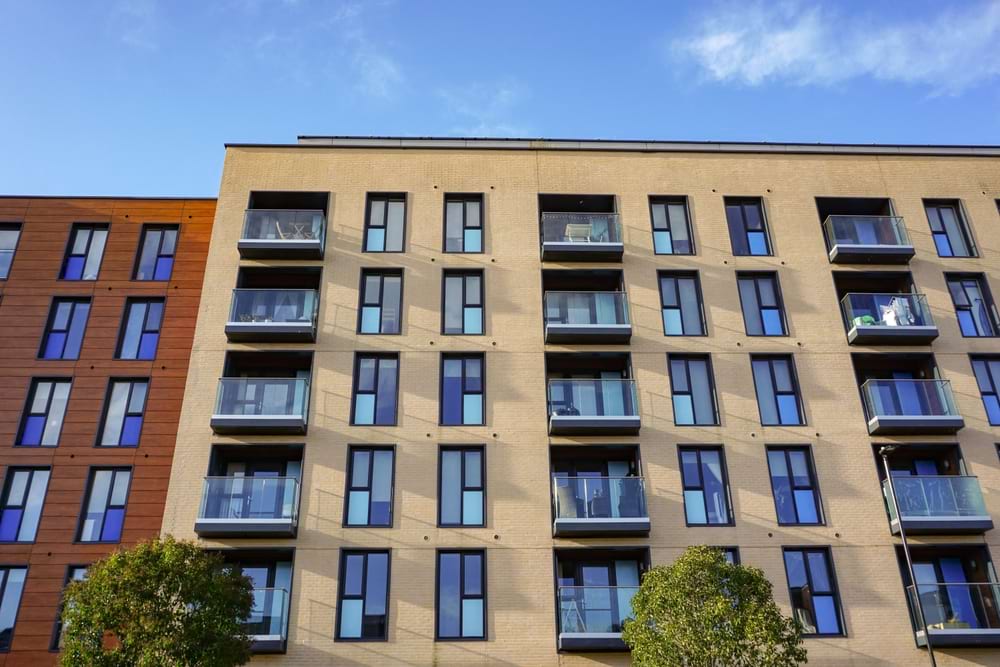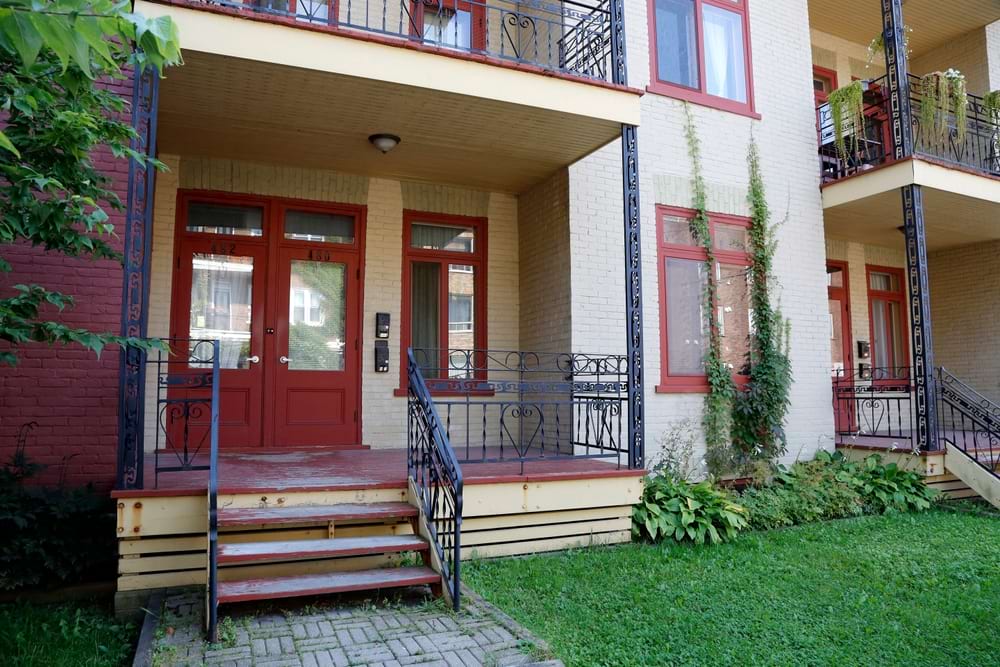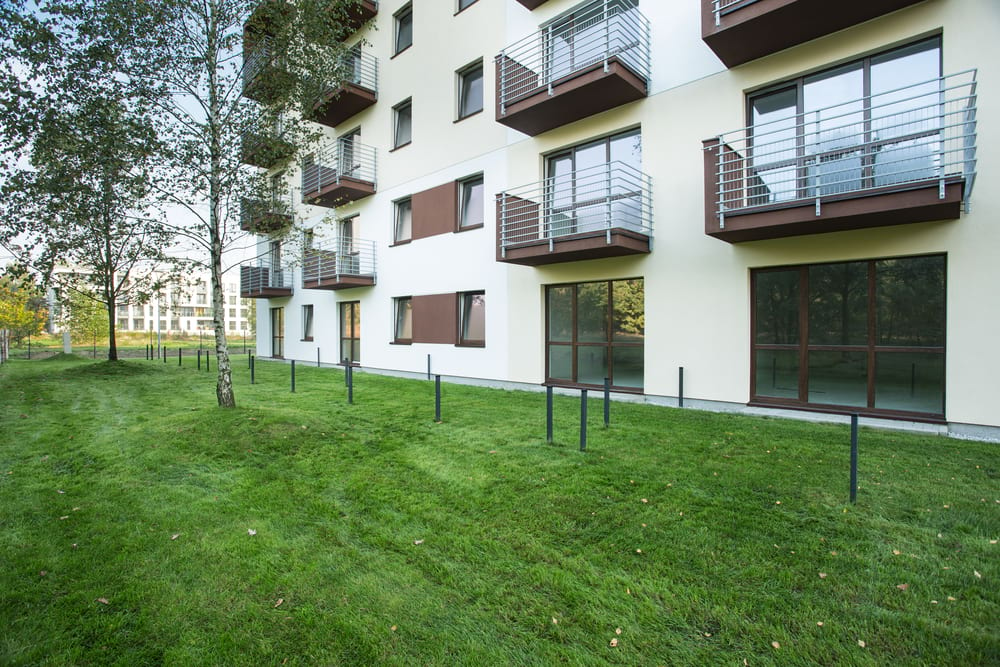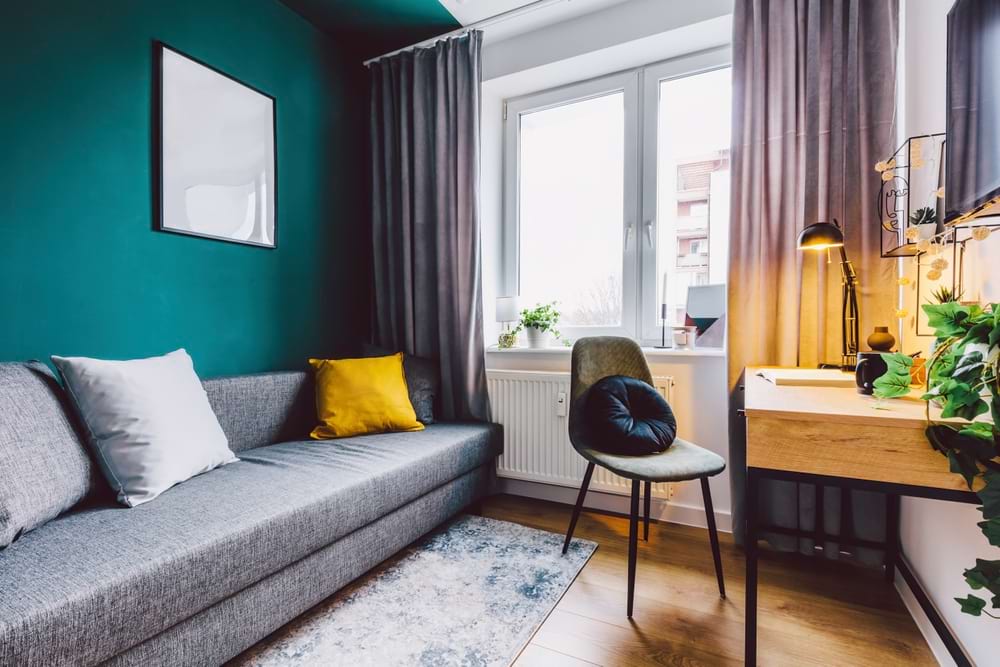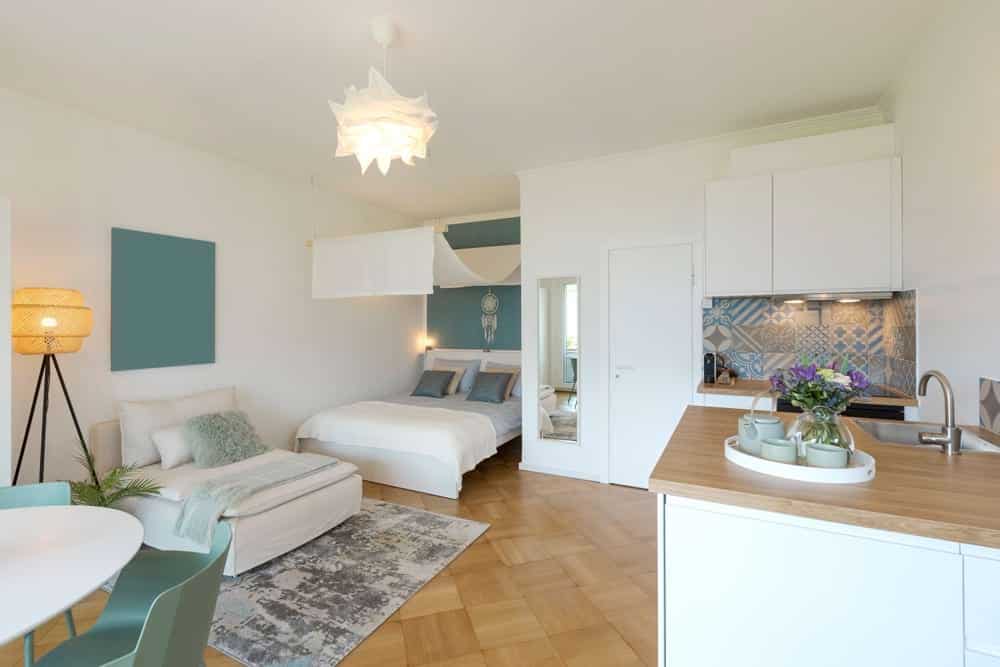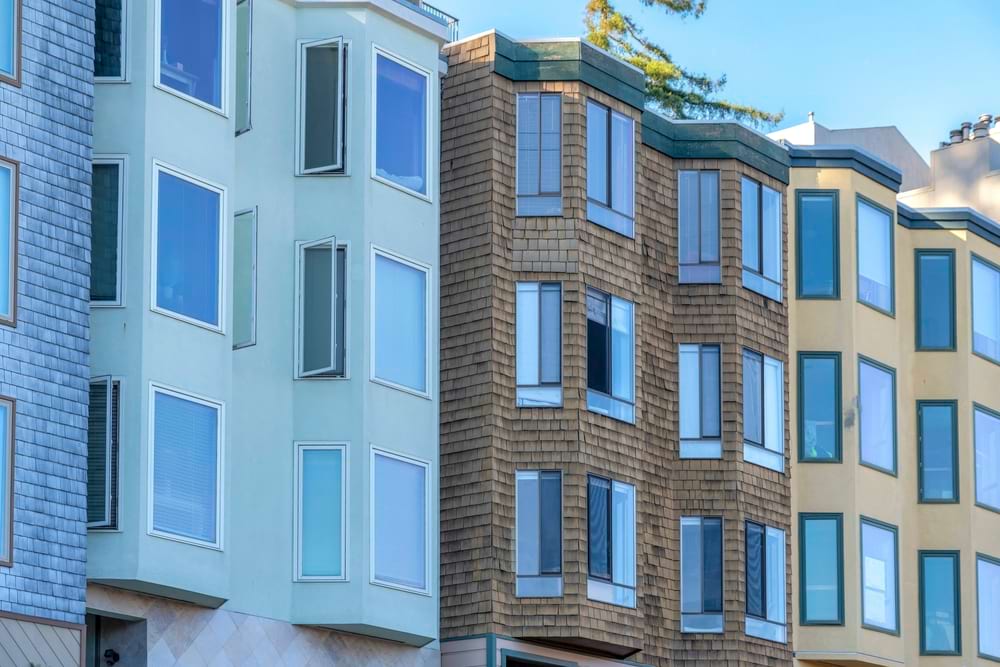First time buyers are in an increasingly difficult situation. As house prices continue to soar at a greater rate than the average salary goes up, properties in the UK are becoming more and more unaffordable.
A typical mortgage lender only allows you to borrow up to 5.5x your salary, and some will limit it at less than that. And still, even this often cannot make up the difference, unless you have saved up an enormous deposit.
Unsurprisingly, the UK government has started to intervene and offer first time buyers the financial help they need. This comes in the form of a few different schemes – one of the most well-known is ‘Help to Buy’. However, this is not the only support available to you.
In the blog below, we have outlined all the alternatives to Help to Buy currently available to first time buyers in the UK.
What is Help to Buy?
Help to Buy was first introduced by the UK government in 2013, and enabled people to purchase a house with only a 5% deposit. As part of this scheme, the government provided a loan equivalent to 20% of the purchase price, which was interest-free for five years.
The government closed the Help to Buy scheme to new customers in October 2022, and it was finally shut down for all citizens in March 2023. This means that plenty of potential first time buyers are searching for alternative ways to make a property purchase more affordable.
Northern Ireland has a different equity-sharing scheme called Co-Ownership, which is a non profit organisation to help people become homeowners.
Alternative 1: Shared Ownership
Shared Ownership is an initiative in the UK that enables you to own a portion of a property, and therefore get on the housing ladder with a much smaller deposit.
Depending on the size of your deposit, and the amount that you can borrow, you will be approved to buy a proportionate share of the house. For example, instead of having to save £30,000 so you can make a 10% deposit on a house valued at £300,000, you could instead save £15,000, and organise a deposit to own just 50% of the property.
Keep in mind that you could be able to buy a larger share of the house further down the line, for example if you get a pay rise or save up even more money.
This method of house buying means that you can continue to build equity on the share that you own (rather than renting, and not getting any of this money back). You could therefore make a profit if you sell the house further down the line for more than you paid for it – your total profits would just be proportionally smaller.
Alternative 2: Deposit Unlock
The ‘Deposit Unlock’ initiative in the UK enables you to buy a house with just a 5% deposit. This is possible because the house builder will insure the mortgage, thus reassuring lenders that they won’t lose any money if the property falls in value, and/or has to be sold for less than its original value.
Only a few mortgage lenders participate in this scheme, so you will need to partner with one of these organisations to be eligible. You will also need to work with one of the home builders involved in this initiative.
This option can be advantageous because it enables you to get onto the property ladder with just a 5% deposit.
Alternative 3: Guarantor Mortgage
If you apply for a Guarantor Mortgage, it means that you can purchase a house without a large deposit, or in some cases no deposit at all.
A guarantor is someone who takes responsibility for any repayments that you cannot meet. This means that if you fall behind on your mortgage repayments (perhaps because you lose your job, or encounter other financial difficulties) they are required to make the payments for you.
In a Guarantor Mortgage, the loan will be secured against something which belongs to the guarantor. In most cases, this is either some of their savings, or a property that they own.
This method of mortgage repayment requires a huge amount of trust between two individuals. Asking someone to be your guarantor can place them in a difficult position, because they are relying on you to be financially responsible.
Alternative 4: Gifted Deposits
Lots of people are turning to ‘the bank of Mum and Dad’ in recent years to finance a house purchase. If you are lucky enough to have parents, relatives or friends who can afford this route, then asking for a gifted deposit may be an option worth considering.
This option can be advantageous to first time buyers because it decreases the amount that you are borrowing from the bank, and thereby reduces your monthly repayments. In theory, this should make your mortgage payments more affordable.
Different mortgage lenders have varying rules on who is or isn’t allowed to gift a deposit. For example, some lenders prefer it to be an immediate relative (such as a parent or sibling) and may be reluctant to permit this from someone in your extended family, such as an uncle or cousin. On the other hand, many lenders will have no problem with this.
Alternative 5: Family Deposit Mortgage
As the name suggests, a Family Deposit Mortgage involves the support of your loved ones in helping you to get on the property ladder.
This scheme means that you may not have to make a deposit on the property, because your loved ones will do it for you – and then receive their money back (with interest) a few years down the line. This offers security to the mortgage lender. In return, you will have to borrow the full amount of the property.
In most cases, a lender will ask for a 10% deposit on a Family Deposit Mortgage. This money will then often be paid back over a five year period, with interest.
Once again, this method involves a huge amount of trust between you and your loved one, because you are responsible for meeting your monthly repayments. Furthermore, since you may be borrowing 100% of the property’s amount, this means that your monthly repayments will be higher than they would be if you had put down a mortgage yourself.
Tips for saving up for your first house
Discipline is important when you are trying to save up a deposit for your house. By setting aside consistent amounts every month, it will make a huge difference over a long period of time. Some steps worth considering to achieve this include:
- Setup a standing order at the start of each month
- Avoid an ‘Easy Access’ savings account
- Review your spending habits carefully
- Increase your income – i.e. a second job, or negotiate a pay rise
- Sell items you don’t need
- Move back in with your parents
- Team up with someone else
All of these methods can decrease your expenses, and therefore enable you to save a larger amount.
On the other hand, if you already own a flat as a first time buyer, and are now interested in selling your flat fast, then get in touch with We Buy Any Home today. We would love to help you get an excellent price for your property.

